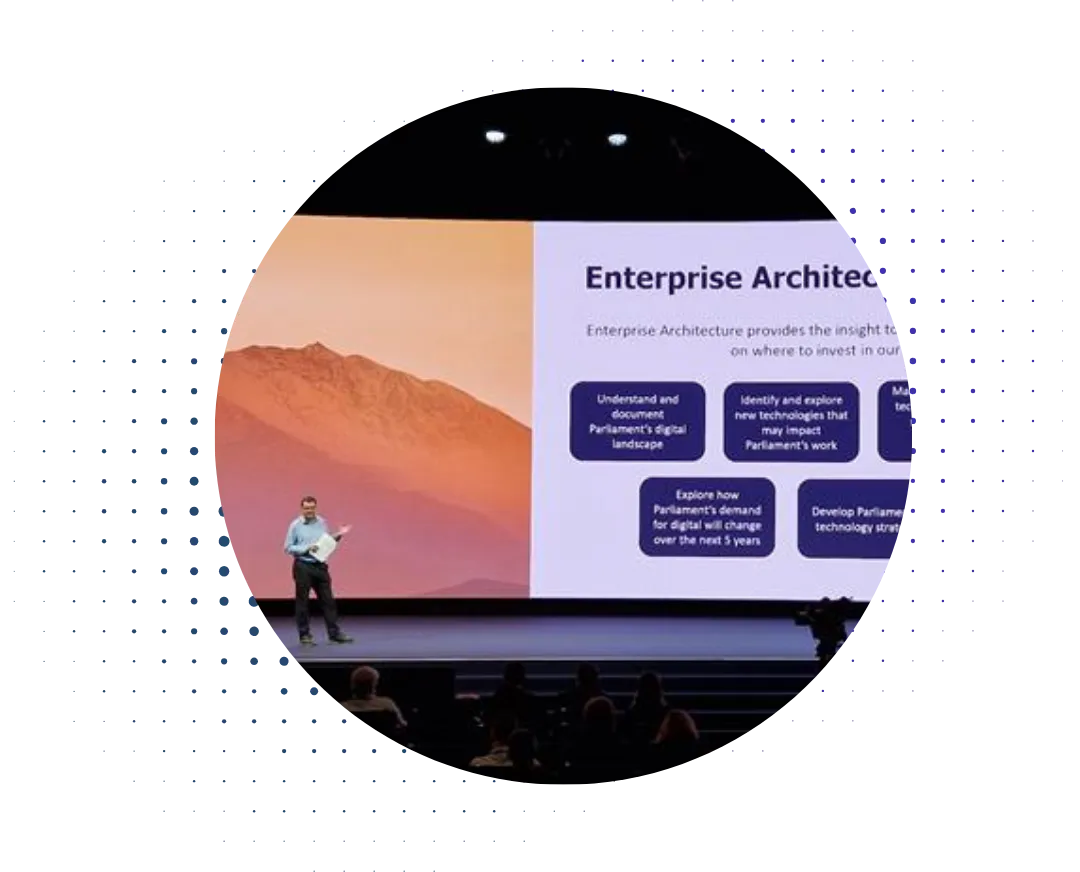Business Process Workshops can be very valuable when working with stakeholders to improve a process. Used well, workshops can help us to elicit information about current processes, uncover potential problems and propose improvement actions. Yet there is no guarantee that a workshop will be successful—indeed if they are mismanaged workshops can disengage, waste time and create cynicism. So how can we ensure our workshops are successful? Five practical tips are outlined below:
1. Clearly define the outcome
Long before sending out a meeting invite, it is important to concisely and precisely define the objective that the workshop is aiming to achieve. It might be that you are aiming to understand existing problems with a particular process, examine a draft ‘to be’ process model or discuss improvements. Setting out this objective in advance helps determine who should attend, the likely duration, as well as what items will appear on the agenda. This is also a useful opportunity to consider whether a workshop is the most appropriate technique—we may choose to use other techniques such as interviews, observation, scenario analysis and so forth, instead of (or as well as) workshops.
It can be useful to define and articulate not just the objectives (e.g. “Discuss improvement opportunities”) but also the tangible outcomes or outputs that you are aiming to achieve. For example, outcomes we will create:
- A long-list of improvement ideas
- A prioritized list of the top 5
- Action plans for the top 3
This sets expectations and will ensure that people know precisely what is expected. If these outcomes are achieved, then the workshop is complete. If not, then it may be necessary to reconvene or reconsider the approach.
2. Invite the “right people”
We’ll often be working in a complex stakeholder landscape, and we may be tempted to invite everyone to the workshop who may have a vague interest or opinion. Yet it pays to be selective, large workshops can become very hard to manage, and our stakeholders’ time is precious so we should use it judiciously. Asking ourselves questions like “who has interest”, “who has power”, and “who has relevant knowledge” can help us determine who to invite (and who to catch up with separately).
3. Prep, prep, prep
Preparation for workshops really is crucial. We should ensure that a clear agenda is sent out in advance, and where necessary that the attendees are personally briefed. It may be beneficial to grab a coffee and ‘sound out’ any attendees who we feel may be unsure of the purpose of the workshop. Equally if we feel there may be conflict, understanding why in advance will help us prepare.
We should also consider the techniques that will be used in the workshop itself, who will facilitate and scribe—and also the important (but easy to forget) logistical items. Ensuring a room is booked that is big enough, that equipment is available (projector, flip-charts etc.) will save stress on the day.
4. Build engagement and stay on track
Workshops work best when people are engaged, motivated and working as a team. There may well be healthy discussions and disagreements, but when faced with an ethos of collaboration all parties can work their way through them. Engagement starts well before the workshop, and the preparation mentioned above will help. Yet it is also important to kick off with vigor: re-state the objectives, scribe them somewhere visible, raise the energy levels and encourage people to contribute. Using a range of techniques throughout the workshop (E.g. facilitated conversation, brainstorming, scenario analysis etc.) can help keep people feeling fresh and engaged.
It’s also important to facilitate firmly and fairly. There will be limited time, so sticking to the appropriate topics (and helping to reign in conversation when it strays) is a crucial skill for us to deploy.
5. Make it happen
Running a successful workshop is only useful if the outcomes and actions are followed up. Ensuring there are clear actions, owners and review dates will help. A simple action log, when managed well, can go a long way to ensuring that items are followed up.
In conclusion, business process workshops can be very valuable when they are planned and executed well. Workshops provide an excellent opportunity for building upon stakeholder engagement whilst exploring and co-creating ideas for improvement.





.webp)

